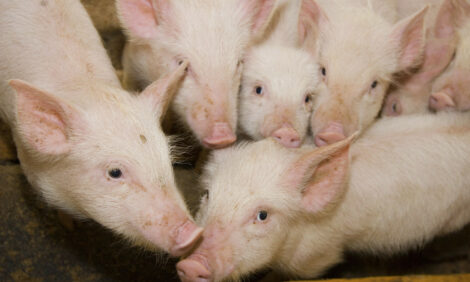



Meat Production Not a Major Source of GHG Emissions
US - Ezra Klein's commentary "The Meat of the Problem" [Food, 29 July] was "inaccurate and not scientifically based," says AMI President and CEO J. Patrick Boyle in a recently published letter-to-the-editor in the Washington Post.Mr Boyle’s letter provides that Klein’s use of the UN report, "Livestock's Long Shadow," as the foundation for his assertion that the livestock sector is responsible for 18 percent of greenhouse gas (GHG) emissions worldwide misses the mark, noting that a 2007 Environmental Protection Agency report concluded that only 2.8 percent of US GHG emissions came from animal agriculture.
Mr Boyle explains that attributing worldwide numbers for GHG emissions to the US is not appropriate because livestock production systems in the United States differ notably in genetic selection, feeding practices and other technologies. "Assigning a percentage of global emissions to the US system is misleading because the vast majority of global greenhouse gas emissions attributed to livestock production result from deforestation and the conversion of rain forests and other lands to crop or pasture land, which does not occur in the United States," Mr Boyle adds.
Furthermore, since 1990, GHG emissions from the US animal agriculture industry have remained nearly constant, while meat production increased by almost 50 per cent, milk production by 16 per cent and egg production by almost 33 per cent.
"The animal protein sector in the United States is environmentally and socially responsible, and we strive to provide the safest, most abundant and most wholesome product to consumers domestically and worldwide," Mr Boyle concludes.
You can view the letter by clicking here.








